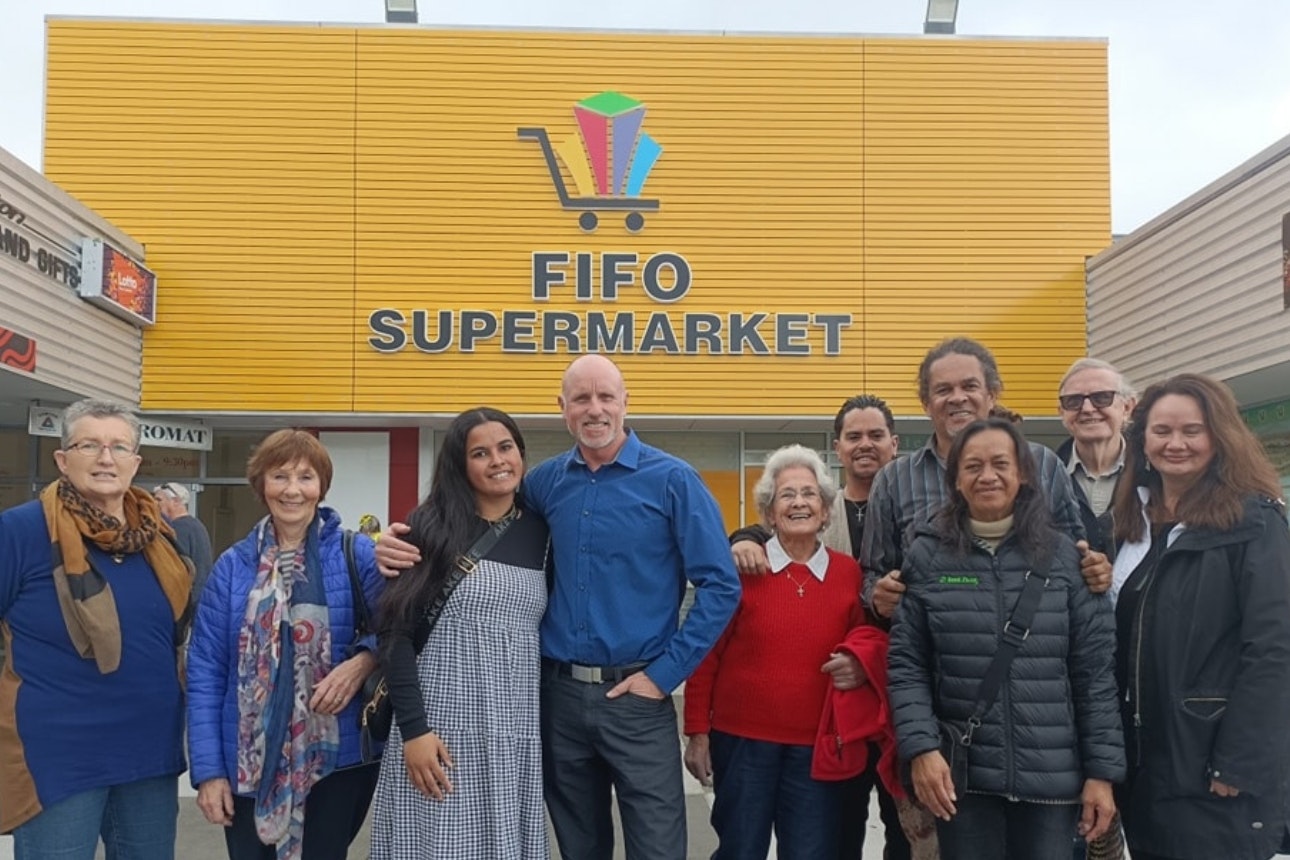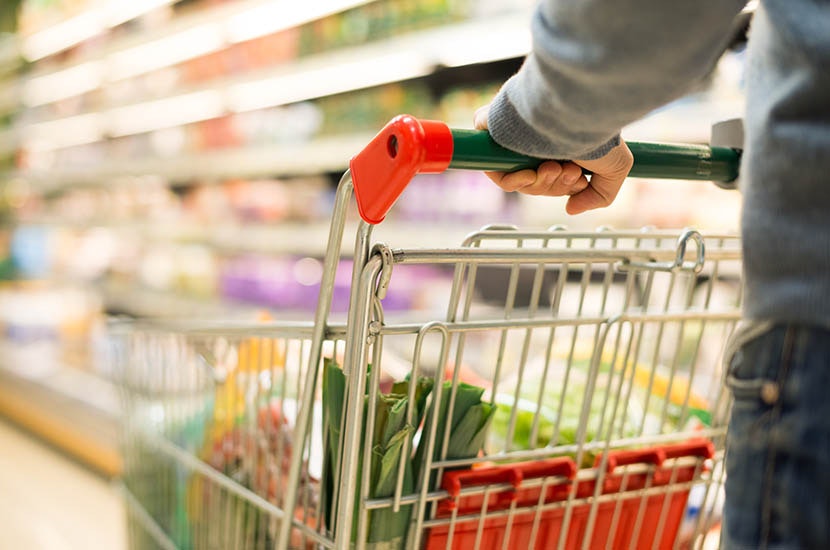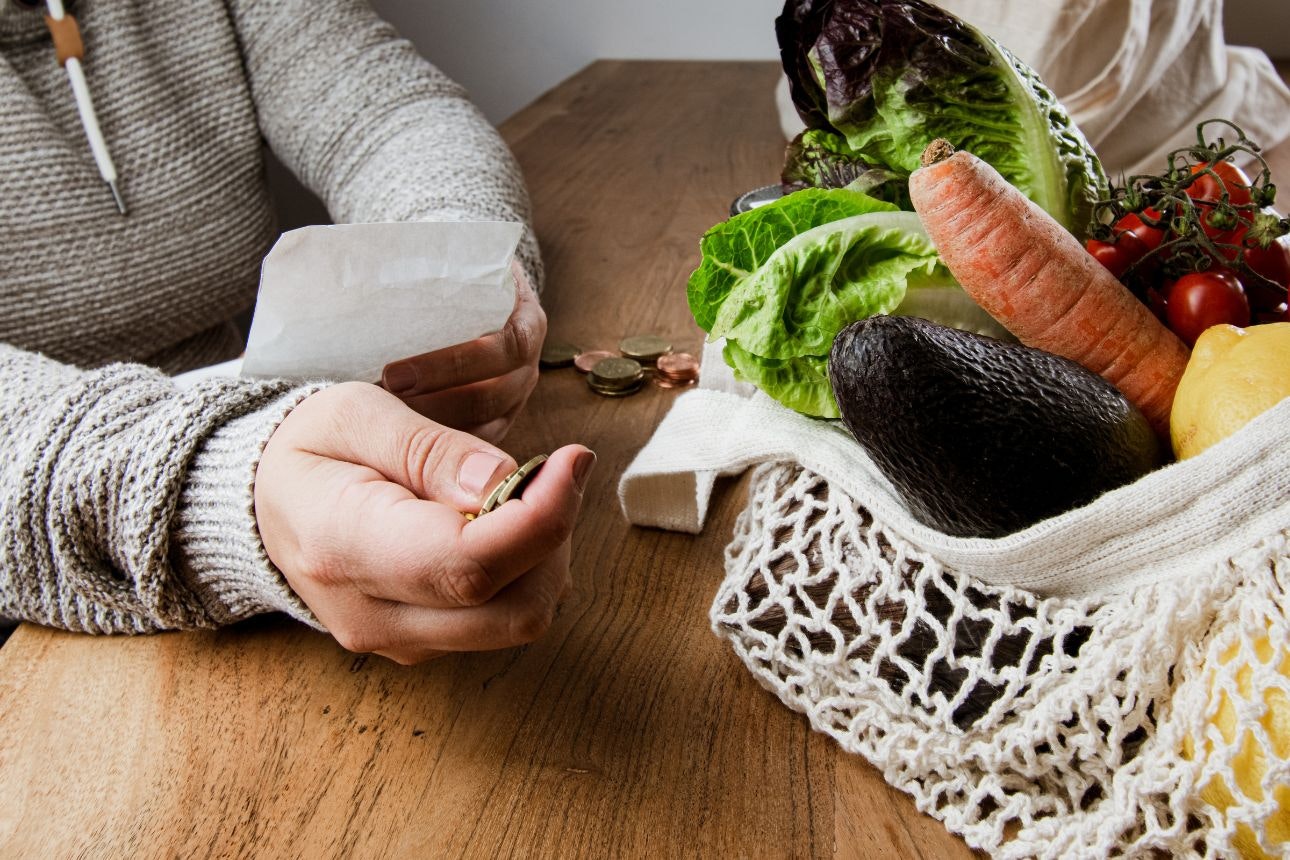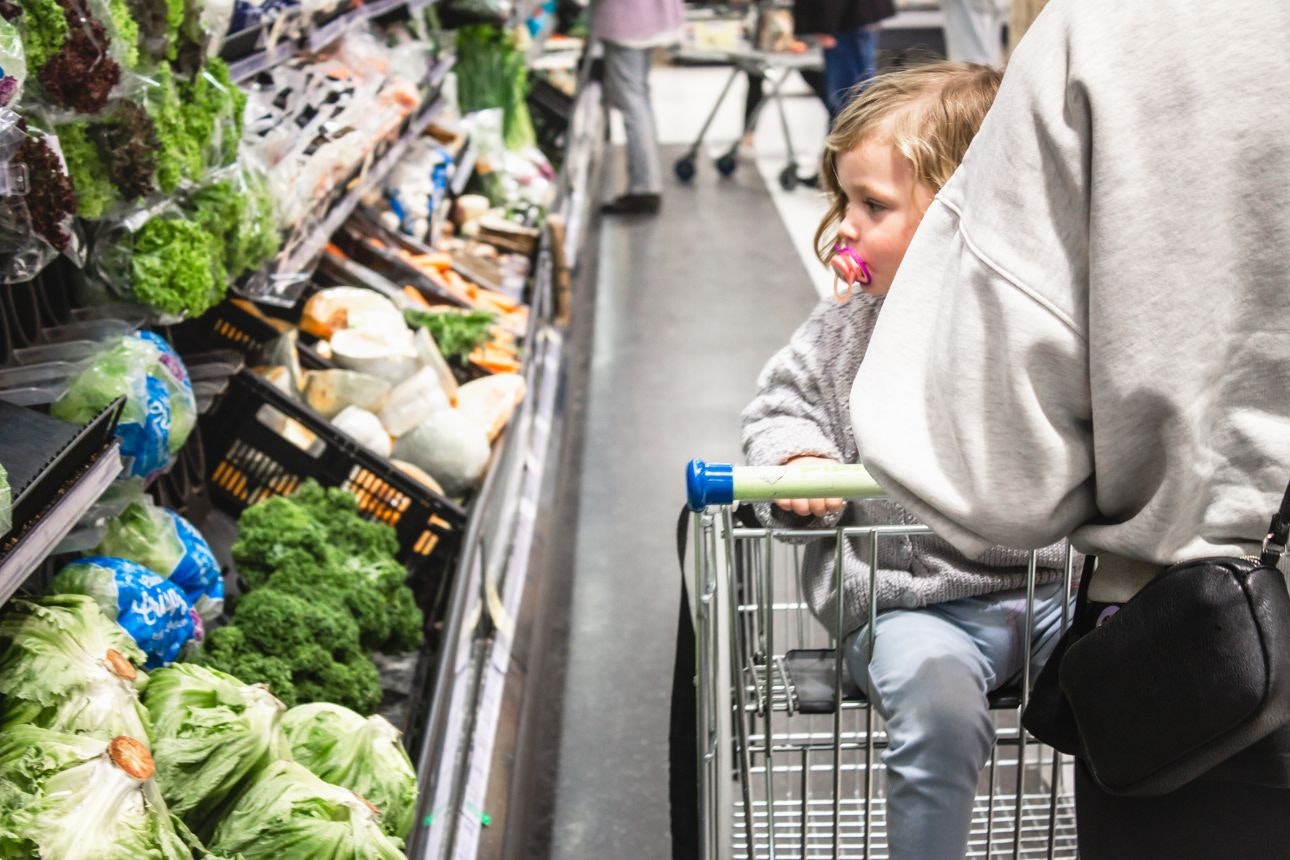
By Belinda Castles
Researcher | Kairangahau
Last year, we published our story What’s the cheapest supermarket? based on an investigation tracking online prices in Auckland, Wellington and Christchurch. But, for many New Zealanders living in the regions, the luxury of shopping around for the cheapest groceries isn’t an option.
Many smaller towns only have one supermarket and people told us they’re often forced to travel to a cheaper store, weighing up the savings in groceries with the cost of petrol or public transport.
Brian, a superannuant lives in Carterton, where there’s a local New World. However, he does his big shop fortnightly in Masterton. The cost of running the car, which he estimates is about $16 per trip, is offset by the cheaper prices at the Masterton stores.
Christine travels 60km to Gore for her groceries because her local Four Square is too expensive.
Ann travels from Motueka to Richmond (a travel time of 30 minutes) to get the benefits of cheaper supermarket prices. The commute has the bonus of letting her buy her fresh produce at Richmond’s fruit and vege shop and butcher.
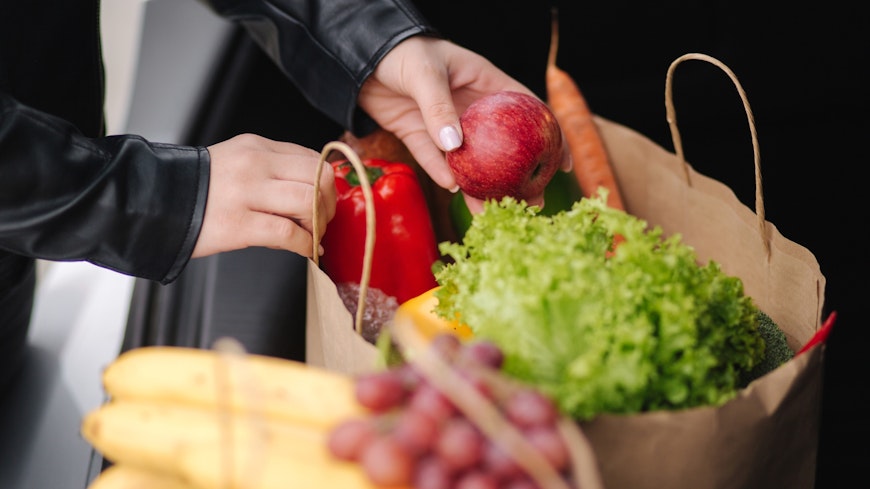
We wanted to find out if the major supermarkets are increasing their prices in the regions if there’s no local competition.
For this investigation we tracked online prices for a basket of 20 grocery items for 6 weeks in Hokitika, Waimate and Wairoa, where the only major supermarket is a New World store. We then compared the prices to a close town with more shopping options to see if prices were inflated. We also calculated the savings made by Woolworths’ and New World’s loyalty card members.
We found there wasn’t a lot of difference in price between the New World supermarkets in the three regions – for example New World Waimate versus New World Timaru. However, in all three regions, New World supermarkets had the most expensive groceries for our basket of goods.
Lack of supermarket options means higher prices
In Consumer’s latest national supermarket experience survey, price or value is the main reason respondents said they choose a supermarket. And people are increasingly adopting cost-saving strategies to save money at the checkout.
Nearly half the respondents (43%) said they’ve changed the way they shop for groceries in the past 12 months. Of those, 56% said they shop around multiple supermarkets to get better value. Fifty-four percent said they always or often compare prices before doing their main grocery shop. Using supermarket websites or apps is the most common way people compare prices.
But for people living in the regions, shopping around isn’t always an option and there’s often no choice but to pay the higher prices of the one supermarket in their town.
Wairoa in northern Hawke’s Bay has one local New World supermarket. On average, over the 6 weeks we surveyed, our basket of goods from this supermarket was $120.04 for Clubcard members and $126.04 for non-members. That’s less than $1 more than the Hasting New World basket, so we were pleased these prices were comparable.
But when it comes to cheaper prices in general, Wairoa residents aren’t getting a good deal. The same basket of goods at Pak’nSave Napier was on average $109.30, nearly $11 a week cheaper than New World Clubcard members would have paid in Wairoa. That adds up to more than $550 a year.
It’s a similar story in the South Island.
Waimate has one New World supermarket, and although it has similar prices to the Timaru New World for both members and non-members, prices are a lot cheaper at Timaru’s Pak’nSave store ($9.93 on average per week). Prices at Woolworths Timaru and Timaru North are also cheaper than Waimate’s New World offerings.
We also compared prices between Hokitika and Greymouth. Although Greymouth doesn’t have a Pak’nSave, the basket of goods from Woolworths was cheaper than Hokitika New World member and non-member prices.
Foodstuffs said: Each Pak’nSave and New World store is individually owned and operated by a local grocer. Store owners have some flexibility to set prices based on supply and customer preferences.
Supplying remote communities does incur more transport costs. To manage these costs, expenses are shared across the co-op.
Limited loyalty benefits
New World and Woolworths both offer a loyalty rewards programme. While loyalty cards offer benefits such as accumulated rewards and points, their main appeal is the discounted prices at the checkout.
But despite 84% of respondents in our supermarket survey saying they use a loyalty programme, 38% of those respondents told us the benefits or savings they get from the programmes have little or no value.
We’re not surprised. Over the 6 weeks of our survey, Woolworths Everyday Rewards members saved on average less than $1 per week on our basket of goods in the four Woolworths stores we surveyed.
New World members fared better, particularly in the South Island. New World Waimate Clubcard members saved on average $8.88 on our basket of goods, compared with New World Wairoa members who saved $6 on average per week. However, South Island New World prices were higher than North Island stores, offsetting those savings.
Last year, we warned people to be wary of supermarket loyalty programmes and questioned the value of them. If you’re providing the supermarket with your personal data, purchase history and shopping habits, you should be getting a fair discount in return.
Another concern we have with loyalty programme discounts is whether non-member prices are inflated to create the illusion of a special for members. We’ll be looking into the specials pricing we found in our survey in a future article.
About our survey
We tracked the online price of 20 products for 6 weeks. As well as food and drink, cleaning products were on our shopping list. Unlike our previous supermarket surveys, we also included some fresh produce including bananas, carrots, chicken drumsticks and eggs. Wine and beer were excluded.
In most cases, all items were the same brand and size in each supermarket. For milk, butter, beef mince and eggs, we selected the cheapest brand or product available each week. For frozen peas, pasta and tea bags, we included the cheapest available of two brands (we didn’t track supermarket home brands).
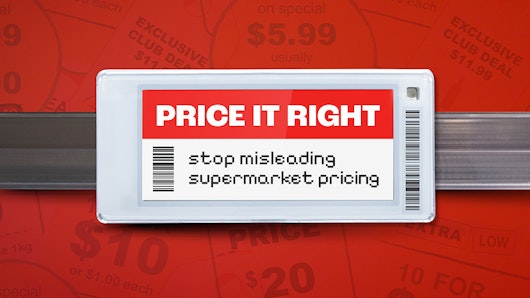
Make supermarkets price it right
Find out about our campaign to tell the government we need clear rules, stronger penalties and automatic compensation for shoppers.
